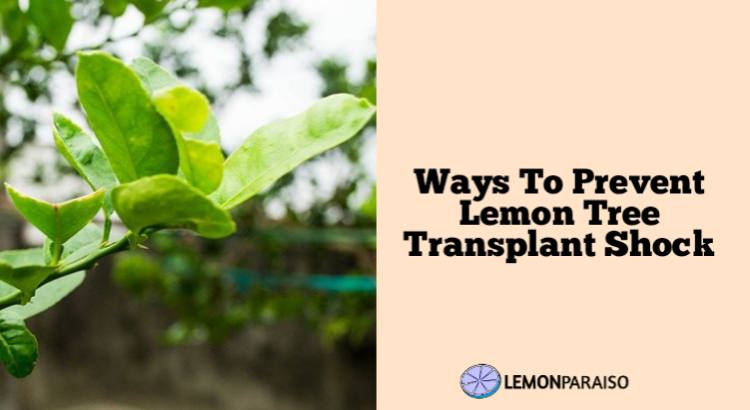Ants in Lemon Tree Pots: A Comprehensive Guide to Prevention and Control
Ants are a common sight in gardens and homes alike, but finding them in your lemon tree pot can be an unwelcome discovery. These tiny insects can cause a variety of problems for your citrus plant, including the spread of disease and the cultivation of harmful pests.
In this comprehensive guide, know the reasons why ants may be attracted to your lemon tree pot, the potential dangers they pose, and how you can effectively prevent and control their presence.
Understanding Ant Behavior in Lemon Tree Pots
Attraction to Lemon Trees
Lemon trees, like other citrus plants, produce sweet, fragrant flowers and fruit. The nectar in the flowers and the sugar in the fruit attract ants and other insects. Additionally, lemon trees are susceptible to infestations by sap-sucking pests such as aphids, scales, and mealybugs, which produce a sugary substance called honeydew. Ants have a symbiotic relationship with these pests and are drawn to the honeydew, further increasing their presence in your lemon tree pot.
Living Conditions
Lemon tree pots can provide an ideal environment for ants to establish their colonies. The soil in the pot, along with the natural moisture it retains, can create a perfect nesting site for ants. Furthermore, the shelter provided by the lemon tree’s foliage and branches offers protection from predators and harsh weather conditions.
The Dangers Posed by Ants to Lemon Trees
Protection of Harmful Pests
As mentioned earlier, ants have a symbiotic relationship with sap-sucking pests such as aphids, scales, and mealybugs. These insects excrete honeydew, which ants feed on. In return, ants protect these pests from their natural predators, such as ladybugs and lacewings. This protection can lead to an increase in the number of sap-sucking pests, which can cause significant damage to your lemon tree by depleting its nutrients and spreading diseases.
Spread of Disease
Ants can carry fungal spores, bacteria, and viruses on their bodies, which can be transmitted to your lemon tree as they crawl over its leaves and stems. This can lead to various diseases, such as citrus canker, sooty mold, and root rot, which can weaken or even kill your lemon tree.
Preventing Ant Infestations in Lemon Tree Pots
Pest Control
To reduce the attraction of ants to your lemon tree pot, ensure you regularly check for and manage any infestations of sap-sucking pests. You can use insecticidal soaps, horticultural oils, or biological control methods such as introducing beneficial insects like ladybugs and lacewings to your garden.
Proper Plant Care
Taking good care of your lemon tree can help prevent ant infestations. Ensure the tree receives adequate sunlight, water, and nutrients, and regularly prune dead or diseased branches to maintain its overall health. A healthy lemon tree is less susceptible to pest infestations and diseases.
Barrier Methods
Creating barriers can help keep ants away from your lemon tree pot. One effective method is to wrap a strip of sticky tape or apply a layer of petroleum jelly around the base of the pot. Ants will get stuck when trying to cross the barrier, preventing them from reaching your lemon tree.
Controlling Ant Infestations in Lemon Tree Pots
Natural Remedies
Several natural remedies can help control ant populations. These include:
- Diatomaceous earth: Sprinkling food-grade diatomaceous earth around the base of your lemon tree pot can effectively kill ants by damaging their exoskeletons.
- Boric acid: Mixing a solution of boric acid, sugar, and water can create an effective bait for ants. The sugar attracts the ants, and the boric acid kills them once ingested. Be cautious when using this method, as boric acid can be harmful to pets and children if ingested.
- Essential oils: Some essential oils, such as peppermint, eucalyptus, and tea tree oil, can help repel ants. Mix a few drops of essential oil with water in a spray bottle and apply the solution to areas where ants are present.
Chemical Control
If natural remedies are not effective, you can consider using chemical ant control products. Always follow the manufacturer’s instructions and ensure that the product is safe for use around citrus plants.
- Ant baits: Ant baits are commercially available and contain a slow-acting insecticide that ants carry back to their colony. This method can effectively kill the queen and other colony members, reducing the overall ant population.
- Insecticidal sprays: Apply insecticidal sprays directly to the ants and their trails to kill them on contact. Be cautious when using these products, as they may also harm beneficial insects.
Physical Removal
In some cases, you may need to physically remove the ants and their colony from your lemon tree pot. This can be done by gently excavating the soil around the colony and removing the ants, their eggs, and their queen. Be sure to wear gloves and use a small trowel or spoon to avoid damaging your lemon tree’s roots during the process.
Conclusion
Ants in lemon tree pots can cause various problems, including protecting harmful pests and spreading diseases. By understanding why ants are attracted to lemon trees and implementing preventative measures, you can reduce the likelihood of an infestation. If ants are already present, use natural remedies, chemical control methods, or physical removal to effectively manage the problem and protect your lemon tree’s health.


